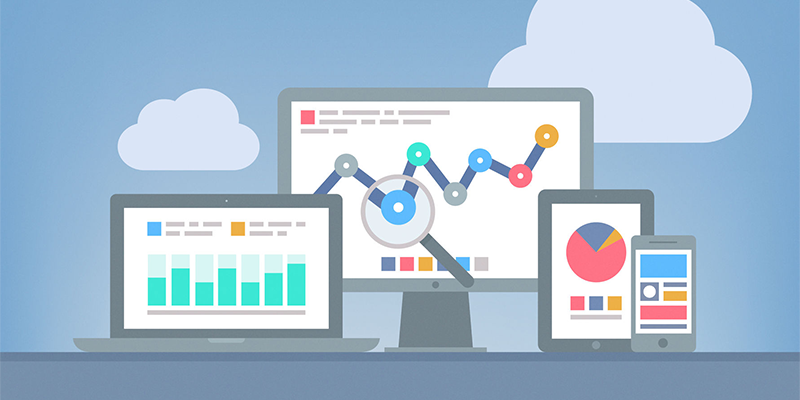
What is Web Analytics?
Web analytics is the process of collecting and analyzing relevant information about users and their interactions with a website.
Why is Web Analytics Important?
We know that developing a website is a process that requires time, money, and effort. Today, it is a crucial investment for a lot of businesses, whether to establish an online presence, build a brand, or sell products through e-commerce.
Having a website can be highly beneficial in the short, medium, and long term. However, the work does not end there. We can maximize this valuable investment by leveraging web analytics.
A website generates visits and user interactions that, without web analytics, we would be unable to measure. This means we would be missing out on the full potential of our website and the opportunity to gather critical information for our business.
Access to this information is extremely useful for understanding our customers and how they interact with the website. It even allows us to assess the current state of the business and track its performance over time.
Understanding user needs and business performance helps us make informed decisions, create strategies and campaigns based on real data, improve user experience on the website, and even enhance business processes.
How Does Web Analytics Work?
There are multiple web analytics tools, which connect directly or indirectly to the website and collect necessary data through a tracking code (usually JavaScript code).
Most web analytics tools feature a graphical interface that allows us to visualize all the collected data in an organized and useful way. Additionally, these platforms often include multiple functionalities to generate reports, export and import data, and more.
The tracking code is responsible for sending collected information to the web analytics platform. With a simple implementation, the tracking code can record essential data such as:
- Website visits.
- New and returning users.
- Pages visited.
- Session duration.
- Bounce rate.
- Traffic sources.
With a more advanced tracking code implementation, it is possible to register relevant events within the website and even access specific e-commerce activity data. This type of tracking allows us to understand the current business situation, record detailed transaction information, determine revenue, evaluate product success, and analyze customer behavior throughout the purchasing process.